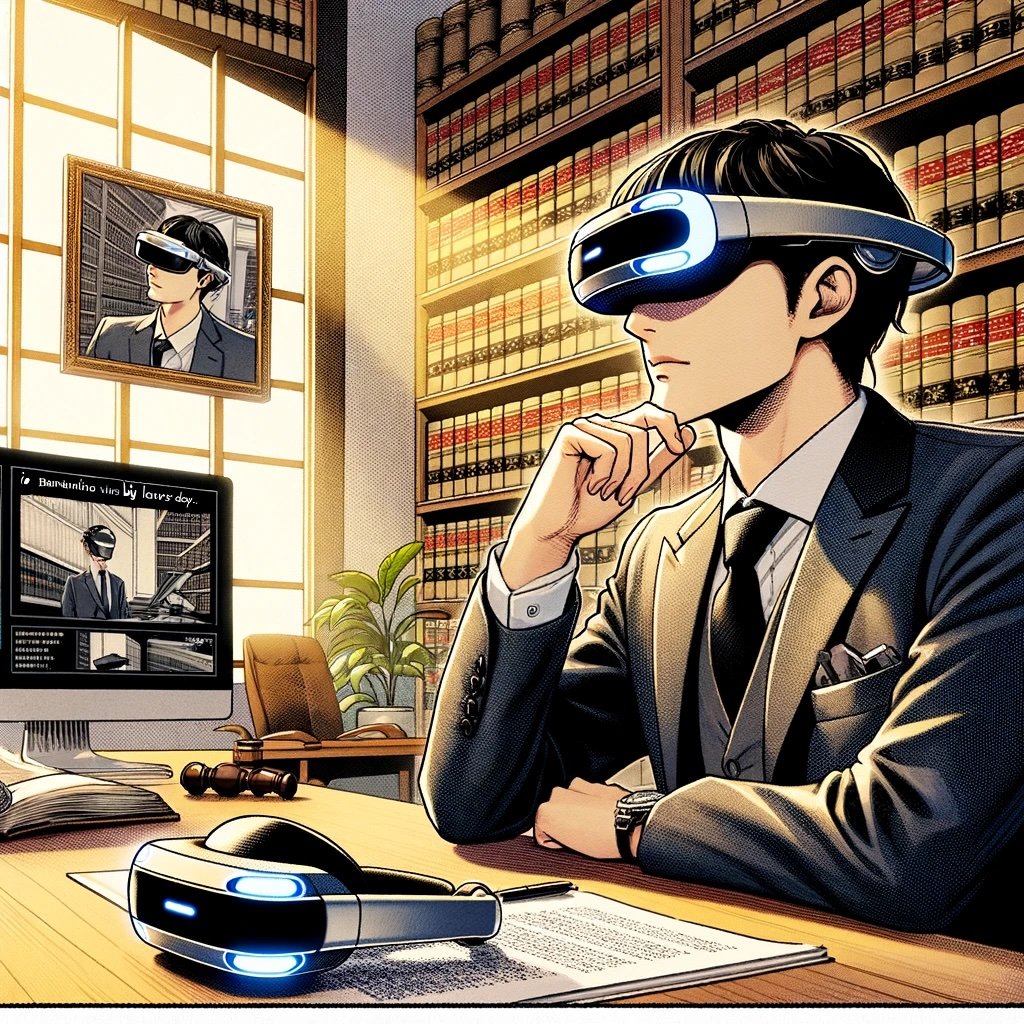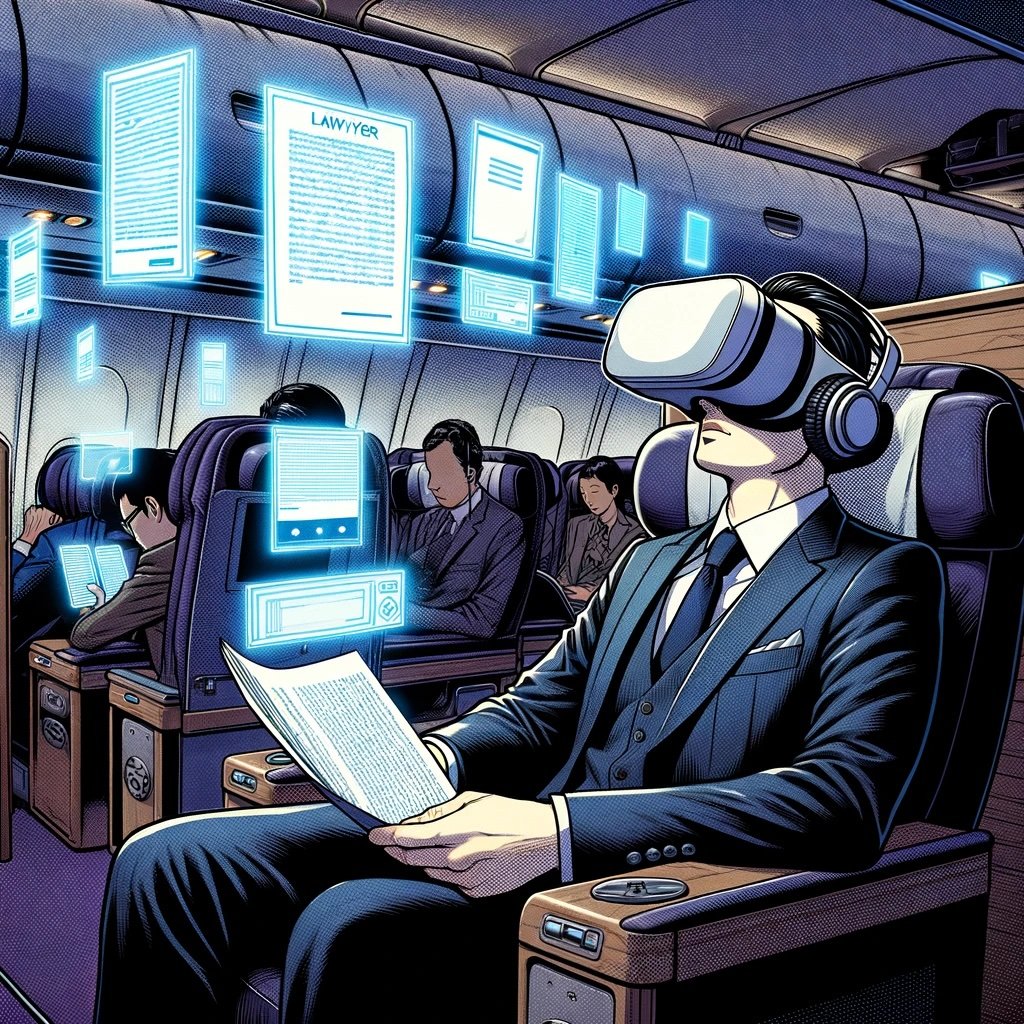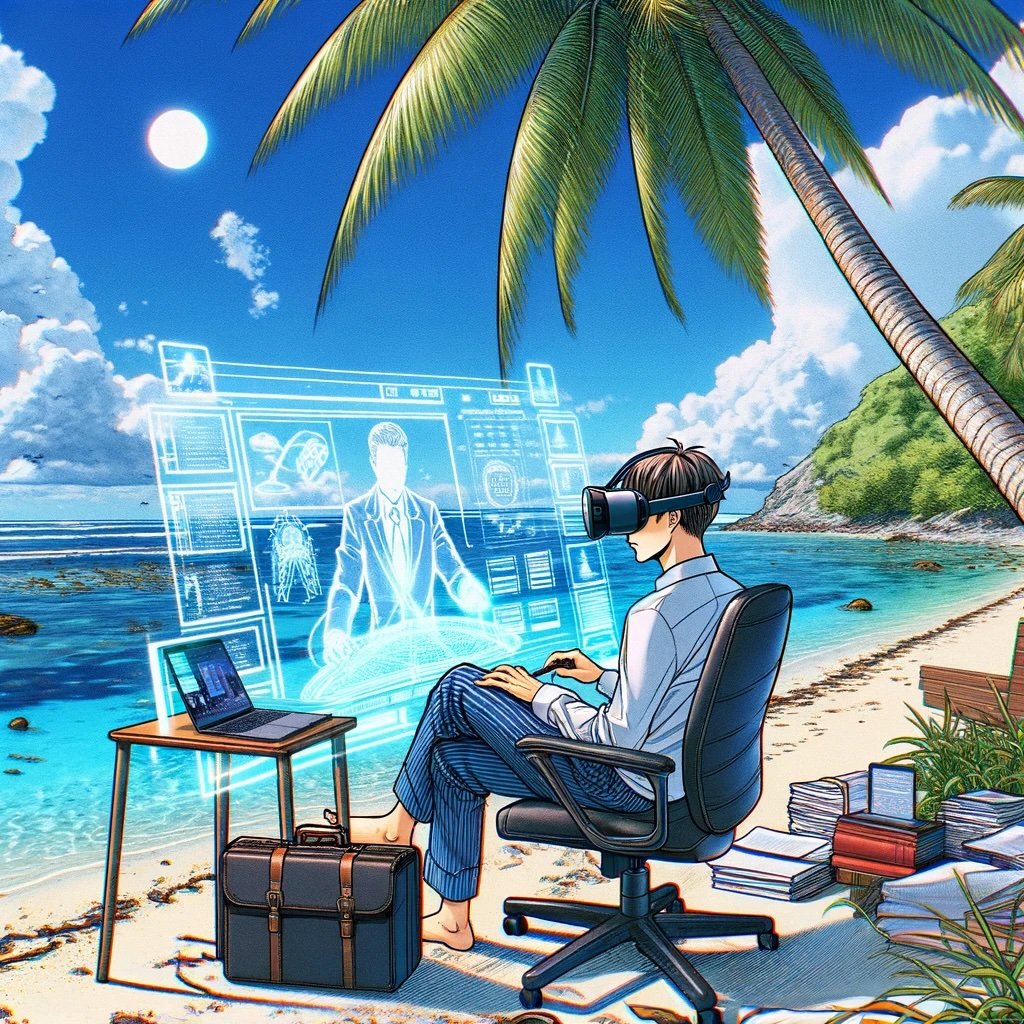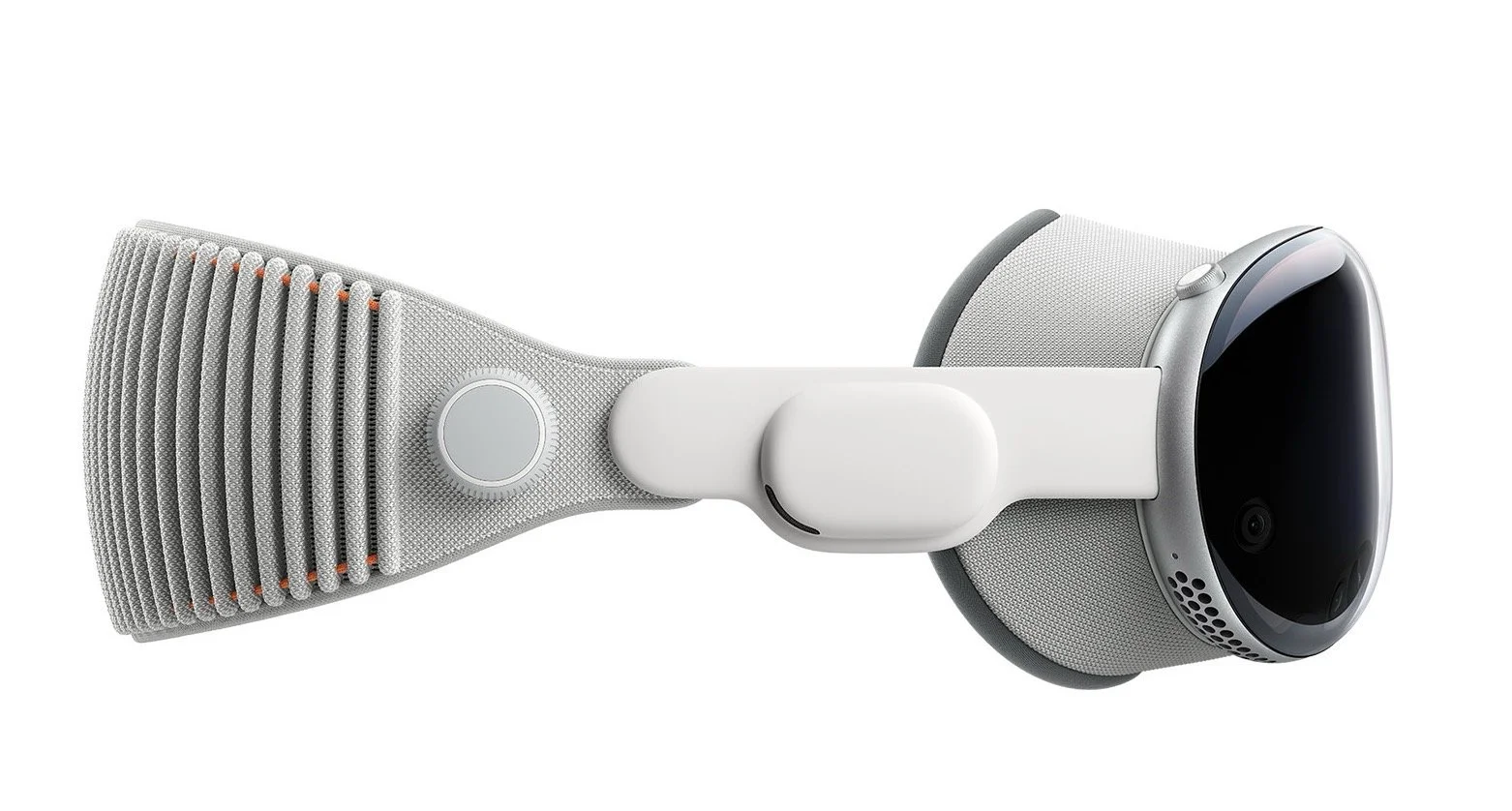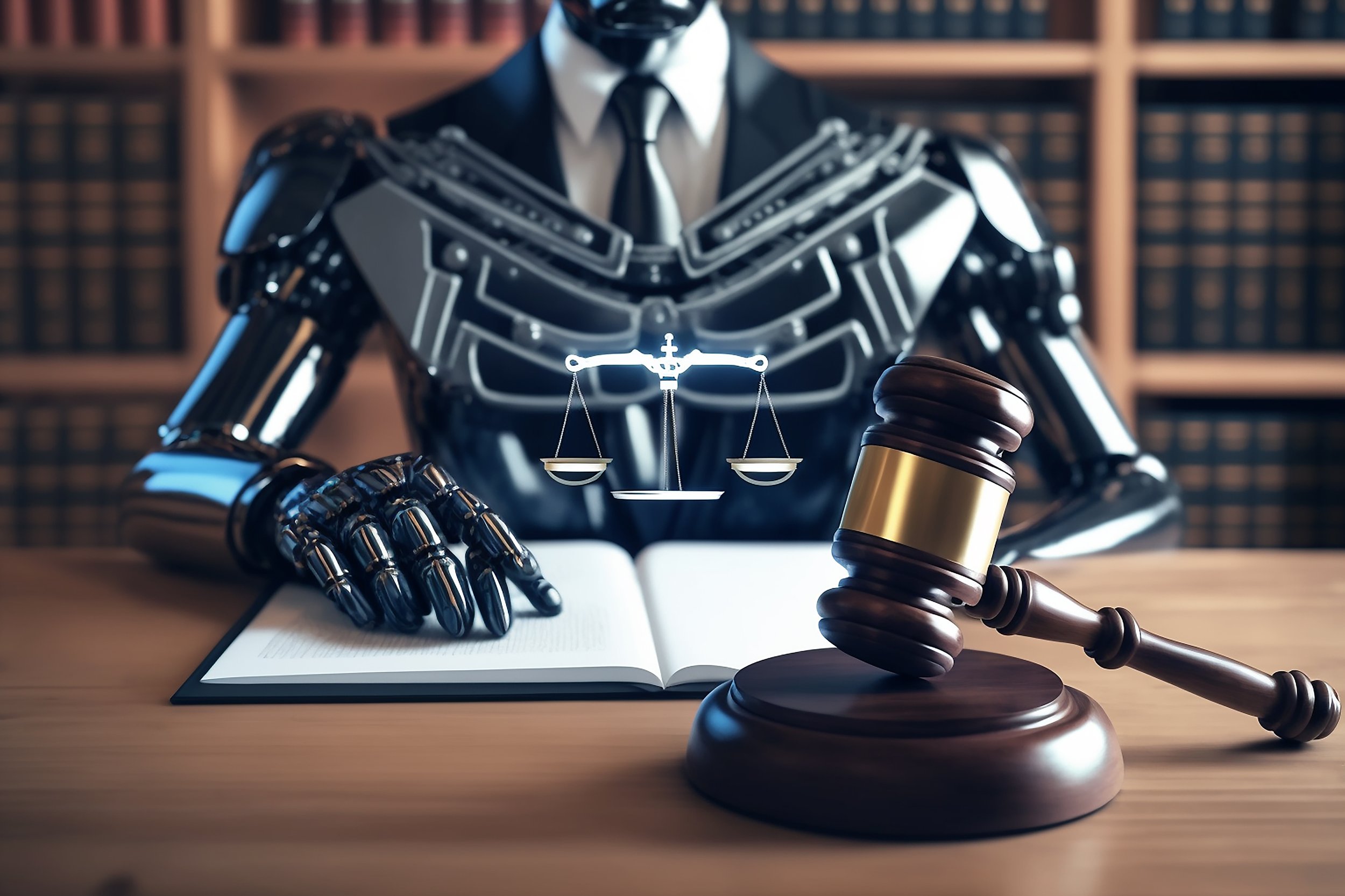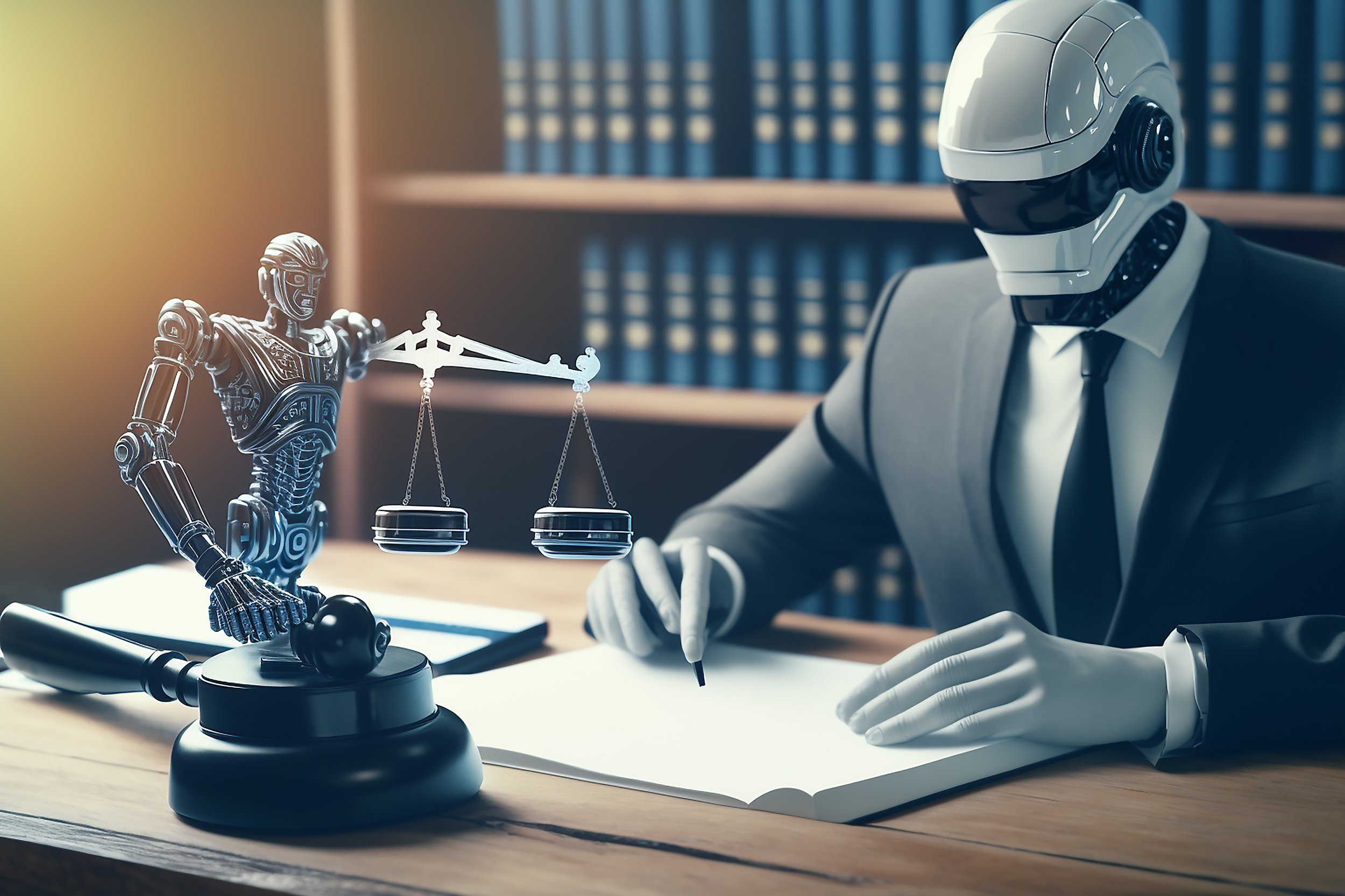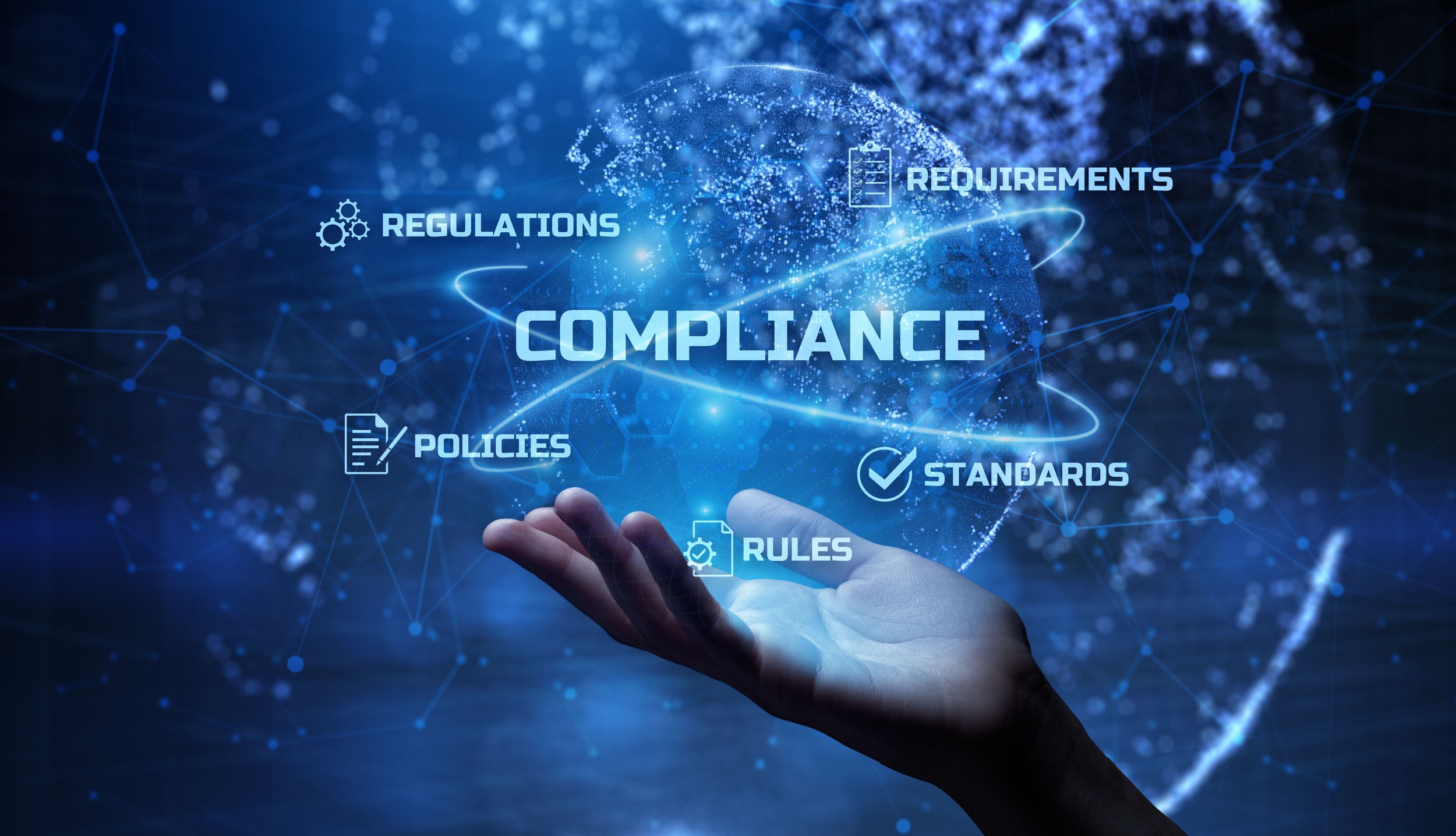🪙 My Two Cents: Unlocking Legal Tech 🔓⚖️ How Attending LPM Conferences 📅 Shapes the Future of Law Practice! 🚀
/As the Tech-Savvy Lawyer Blogger and podcaster, I regularly attend Law Practice Management (LPM) software conferences to stay at the forefront of legal technology trends. My recent experience at the 2024 LEX Summit, Filevine's user conference, highlighted why these events are crucial not just for me, but for all attorneys, regardless of their current LPM solution.
Why Attorneys Should Attend LPM Conferences
Attending LPM conferences offers significant benefits for lawyers, whether they're current users of a specific product or considering alternatives:
For Current Users:
Your legal tech ambassador in salt lake city, utah for filevine’s 2024 lex summit!
Gain deeper knowledge of their LPM software
Learn about new features and how to leverage them effectively
Network with other users to share best practices
Provide feedback directly to developers
For Those Using Competitor Products:
Evaluate if their current LPM is meeting their needs
Explore alternative solutions in a hands-on environment
Compare features across different platforms
Assess potential ROI of switching to a new system
LEX Summit 2024 Highlights
The 2024 LEX Summit, held from September 8-10 in Salt Lake City, Utah, showcased several exciting announcements from Filevine over the past year, including:
Deposition Assistant:
Filevine announced a soon-to-be-released Depo CoPilot application that will “transform the way you do depositions.” Depo CoPilot is an AI-powered assistant that promises to revolutionize the deposition process for litigation attorneys. This innovative tool acts as a virtual second chair, providing real-time transcription, analysis, and support during depositions. Depo CoPilot empowers attorneys to capture critical information, identify discrepancies in witness testimony, and stay on track with pre-defined goals. The AI assistant can even recommend follow-up questions based on the deposition content, ensuring a thorough exploration of every line of questioning. Compatible with both in-person and virtual depositions, Depo CoPilot works seamlessly with popular video conferencing platforms. Interested individuals can join a waitlist at www.depocopilot.com.
Document Management System (DMS):
Docs by Filevine is a groundbreaking standalone DMS launched by Filevine to challenge established providers like iManage and NetDocuments. This innovative product offers unlimited storage at a flat rate, making it the first and only DMS on the market to do so while providing advanced features such as AI-powered OCR, e-signatures, and robust security at a significantly lower cost than competitors. Docs by Filevine includes a comprehensive suite of tools, including project activity feed, enhanced OCR capabilities, contact management, task management, email integration, and AI Document Review.
Streamlined Legal Billing and Payment:
Time, Billing and Payments by Filevine creates a seamless end-to-end workflow for law firms, allowing them to perform timekeeping, create and send invoices, and process payments all within a single platform. The system supports various fee agreements, including contingency, hourly, and flat fees, and accepts multiple payment methods such as ACH, credit, and debit cards.
Ryan Anderson, Filevine's Founder and CEO, emphasized the company's vision of providing a unified software solution that integrates all aspects of law firm operations, moving beyond the limitations of "point solutions" to offer comprehensive tools for managing cases, documents and time. He compared his vision for Filevine with the introduction of Apple’s first iPhone. Steve Jobs recognized that people wanted a device to work as a phone, music player, and web browser, whether the public was aware of it or not. Through Filevine, Ryan is attempting to provide lawyers with a “single pane of glass” that provides the legal community with everything it needs.
The Value of Continuous Education in Legal Tech
Attending these conferences is crucial for my continuous education in legal technology, and the same holds true for all legal professionals. The legal industry is rapidly evolving, with 55% of firms expected to adopt AI for legal research in 2024. By participating in events like LEX Summit, attorneys can:
Stay informed about emerging trends in legal technology
Understand how AI and automation are transforming law practice
Explore ethical considerations surrounding new technologies
Gain hands-on experience with cutting-edge tools
Academy Award and Tony Nominated Jake Gyllenhall, star of Apple TV+'s Presumed Innocent headlined filevine’s 2024 lex summit conference!
Moreover, these conferences offer unparalleled networking opportunities - this year’s conference had over 1,000 legal professionals in attendance. Connecting with other legal professionals, technology vendors, and industry experts allows attendees to gain diverse perspectives on the challenges and opportunities facing the legal industry. And as an added bonus, we got to see and hear live Academy Award and Tony Nominated Jake Gyllenhall, star of Apple TV+'s Presumed Innocent!
The Evolving Legal Technology Landscape
The legal technology landscape is evolving rapidly, with new trends emerging constantly. The integration of AI and automation into case management systems is transforming how law firms operate. By attending conferences like the LEX Summit, I can stay ahead of these trends and provide my audience with timely, accurate information on how to leverage technology to improve their practice.
Events like LEX Summit also offer hands-on workshops, such as Filevine's Basecamp, which provide immersive training experiences. These sessions help attendees fully understand the capabilities of different LPM systems, which is invaluable when selecting and implementing the right technology for their firms.
My Final Thoughts
Whether you're a devoted user of a particular LPM or exploring alternatives, attending conferences like LEX Summit is invaluable. Attending these events provide a unique opportunity to deepen your understanding of legal technology, evaluate your current tools, and explore new solutions that could transform your practice.
As the Tech-Savvy Lawyer Blogger and Podcaster, my attendance at these conferences allows me to continue educating myself and sharing insights, helping legal professionals navigate the complex world of legal technology and harness its power to enhance their practice. For those in the legal field, staying informed and embracing innovation allows attorneys, legal staff, and judges to position themselves at the forefront of the evolving legal landscape. This proactive approach ultimately leads to better client service and more efficient legal practices.
MTC
Happy Lawyering!




